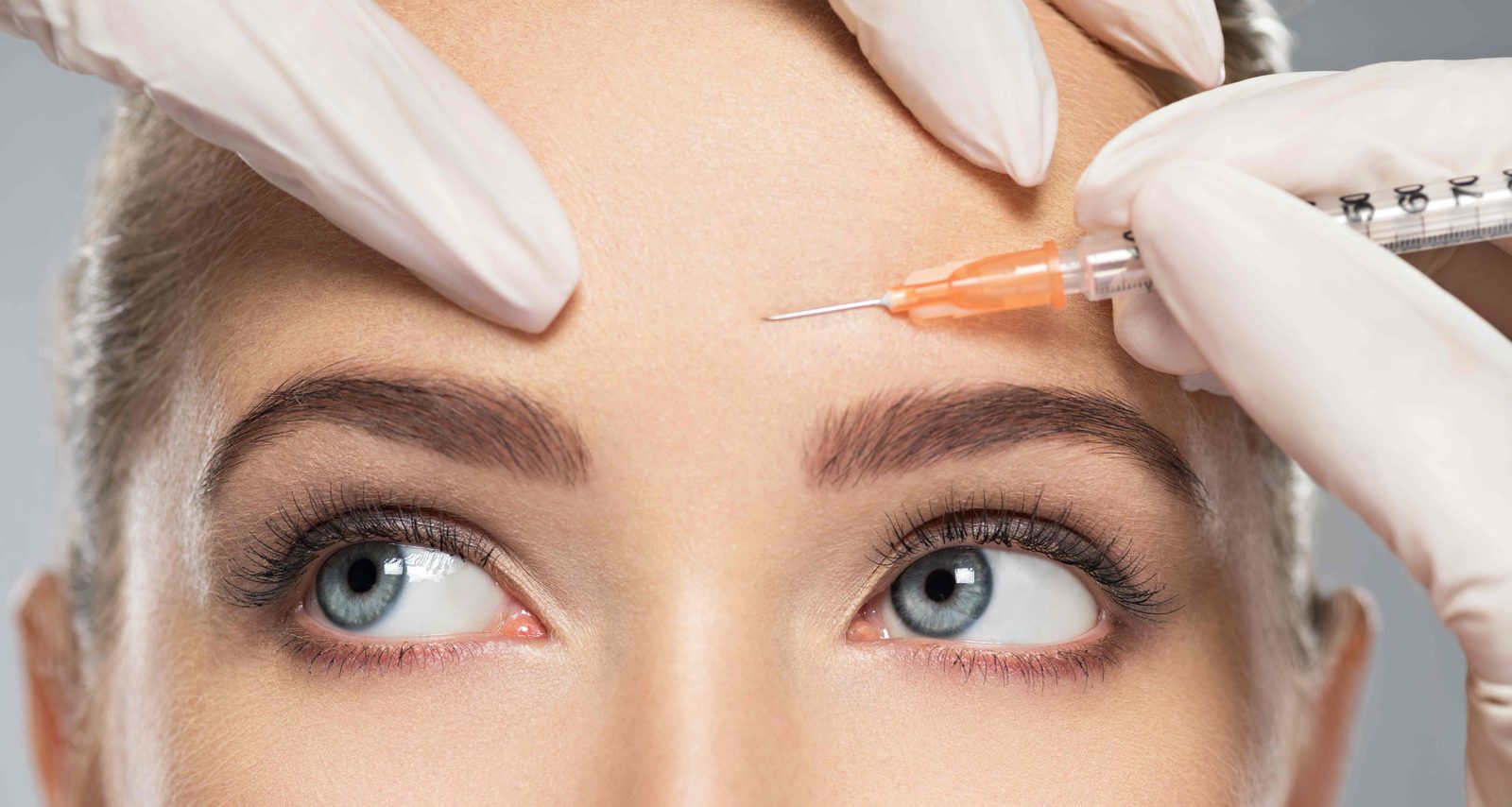 Harry Singh explains why dental professionals should make patients aware that an absence of regulation can lead to completely unqualified people performing certain facial aesthetic treatments in the UK.
Harry Singh explains why dental professionals should make patients aware that an absence of regulation can lead to completely unqualified people performing certain facial aesthetic treatments in the UK.
According to the recently published Global Facial Aesthetics Market 2019 report, we are set to see massive growth worldwide in facial aesthetics. It is not surprising – we’ve already seen a huge increase in facial aesthetics recently, as consumers have become aware of the many possibilities open to them.
However, in the UK, some aesthetic procedures legally can be performed by anyone, whatever their level of training and irrespective of their background.
According to data gathered by Saveface, a government-approved register of accredited practitioners, the number of problems related to treatments such as botulinum toxin and lip fillers almost tripled in a 12-month period between 2016 and 2017 and 83% of procedures were administered by non-healthcare professionals.
Regulating care
It is imperative that consumers are made aware of this lack of regulation, and that appropriately-trained dentists offer a suitable solution to this problem.
After all, dentists are ideally placed to perform non-surgical aesthetic treatment, since they have already undertaken five years of undergraduate education focusing just on the face, plus any subsequent postgraduate training.
Not only that, dentists are committed to improving and maintaining their patients’ health and well-being. Our inherent sense of ethical care, alongside the General Dental Council’s (GDC’s) requirements of us as dental professionals, ensures a safe environment for potential patients.
Although the Care Quality Commission (CQC) does not supervise subcutaneous-muscle-relaxing injections, like botulinum toxin or dermal fillers, it will come into play if you are delivering treatment such as axillary hyperhidrosis (underarm) injections.
The good news is that your dental practice will already be registered, and the expectations remain the same − delivering safe, compassionate and high-quality care.
Botulinum toxin (unlike dermal fillers) is a prescription-only medicine and so dentists can carry out the prerequisite assessment, prescribe botulinum toxin and inject it – if they have been suitably trained.
Of course, it is extremely important that dentists learn about non-surgical facial aesthetics from the best possible people and commit to ongoing development in the area.
To that end, the government-regulated postgraduate qualification ‘Level 7’ certificate enables dentists and their teams to future-proof their training for any regulation that may occur in the future, meeting Health Education England’s (HEE) qualification requirements for delivery of cosmetic procedures.
It is also worth noting that legitimate course providers will accept only three sorts of GDC-registered dental professionals – dentists, dental therapists and dental hygienists.
If you are interested in pursuing a career in non-surgical facial aesthetics, Botulinum Toxin Club (BTC) is one of a very few select training companies now offering ‘level 7 injectables training for aesthetic medicine’.
It offers a comprehensive syllabus that ensures delegates can set up their own practice, gain employment in a cosmetic clinic, or simply offer aesthetic treatments to their existing patients with confidence.
For further information, please visit www.botulinumtoxinclub.co.uk, email [email protected] or call 07711 731173.


